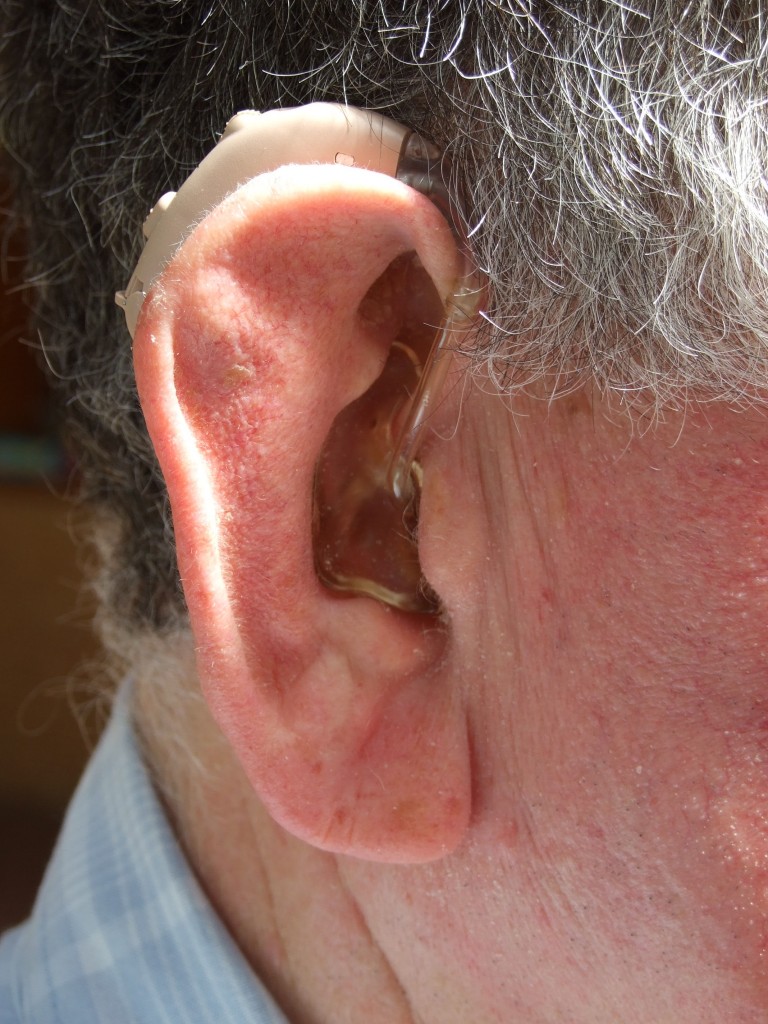
Diabetes has long been linked to a variety of conditions including eye problems, hypertension, obesity, heart disease, kidney disease, and a lot more. Now it may be time to add hearing loss to the list.
 A Japanese study published earlier this year in The Journal of Clinical Endocrinology & Metabolism suggests that diabetics are more than twice as likely as non-diabetics to suffer hearing loss.
A Japanese study published earlier this year in The Journal of Clinical Endocrinology & Metabolism suggests that diabetics are more than twice as likely as non-diabetics to suffer hearing loss.
The study, which combined the results of 13 earlier studies, involved over 20,000 people in the United States, Brazil, parts of Asia, and Australia. US News & World Report reports that the findings connecting diabetes to increased likelihood of hearing loss were consistent in all but one of the earlier studies.
The Japanese study suggests glucose may damage nerves and tissues in the ear, resulting in hearing loss. However, the cause of hearing loss prevalent among diabetics is far from certain. For example, US News notes that Chika Horikawa, lead author of the Japanese study, commented that some diabetes medications—particularly, those for treating hypertension—can affect hearing.
Even so, the increased likelihood of hearing loss among prediabetics as well as diabetics strongly suggests elevated blood sugar may well contribute to hearing loss. As the American Diabetes Association reports, “Of the 79 million adults thought to have prediabetes, the rate of hearing loss is 30% higher than in those with normal blood sugar.”
Get your free Medicare Supplement quote today.
As a result, diabetics are strongly advised to follow their prescribed treatments and continue taking prescribed medications. The UK Daily Mail reports that recent research has found “women in particular are likely to suffer from hearing loss if they are diabetic and their condition is not well controlled with medication.”
Although hearing loss affects the majority of American seniors, people experiencing a decline in hearing are advised to consult their doctor. Medicare covers doctor-ordered hearing exams, with Medicare supplement plans helping cover the substantial share that Original Medicare doesn’t cover. Getting a doctor’s advice and taking prompt action to preserve hearing can make all the difference.
Do you have any helpful hearing tips? Please leave a comment below.
© 2013 MedicareMall.com
